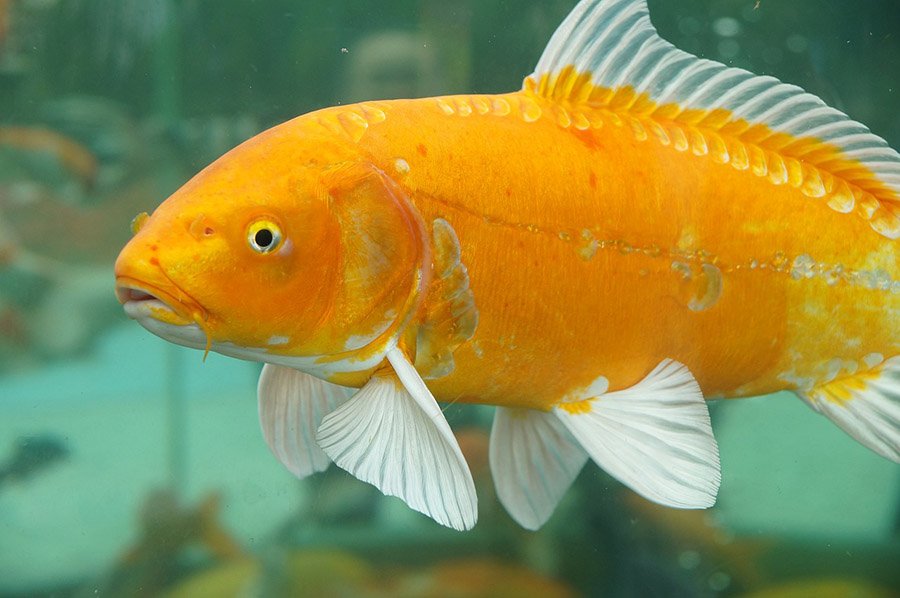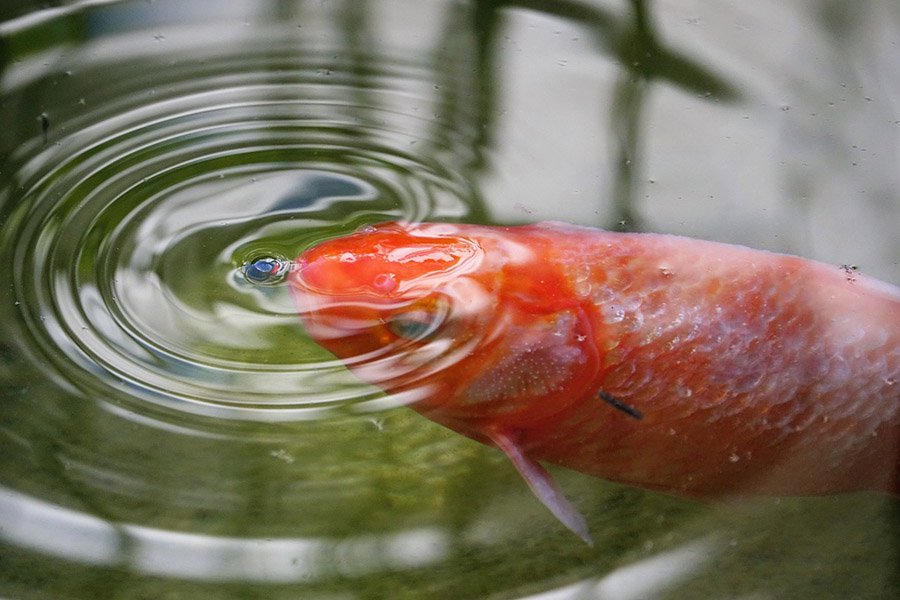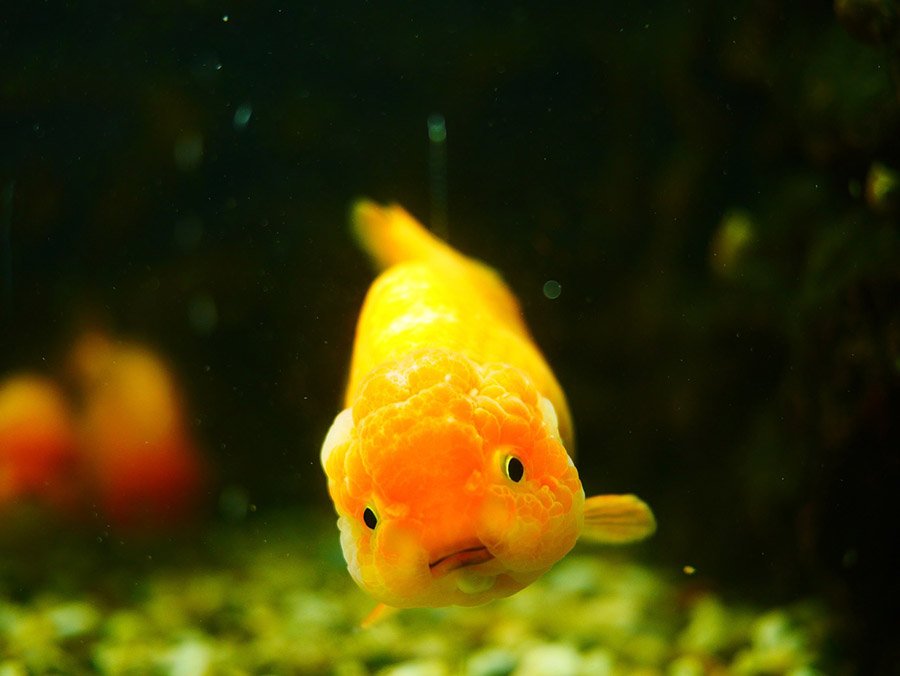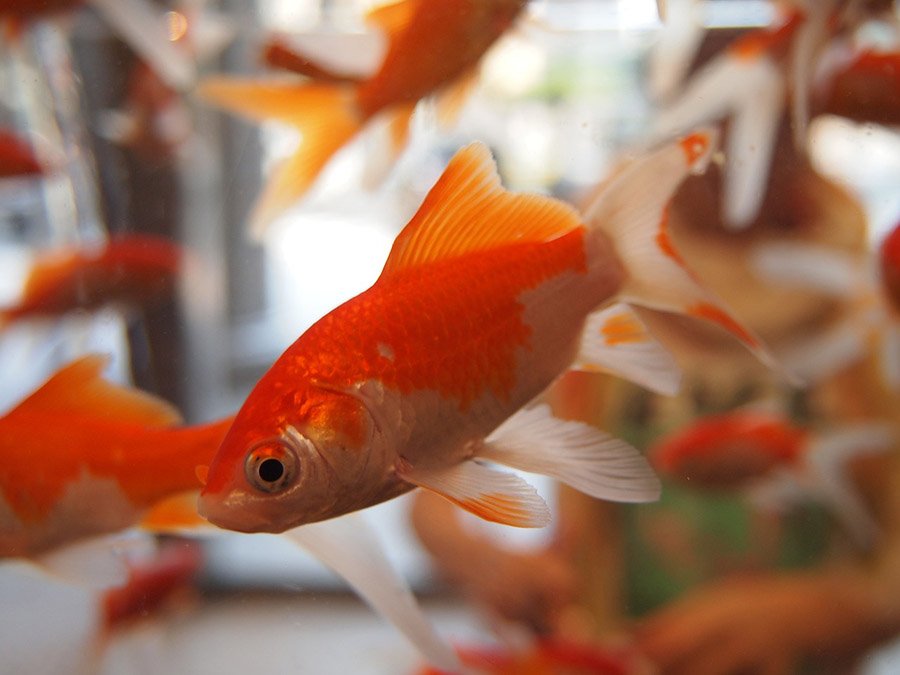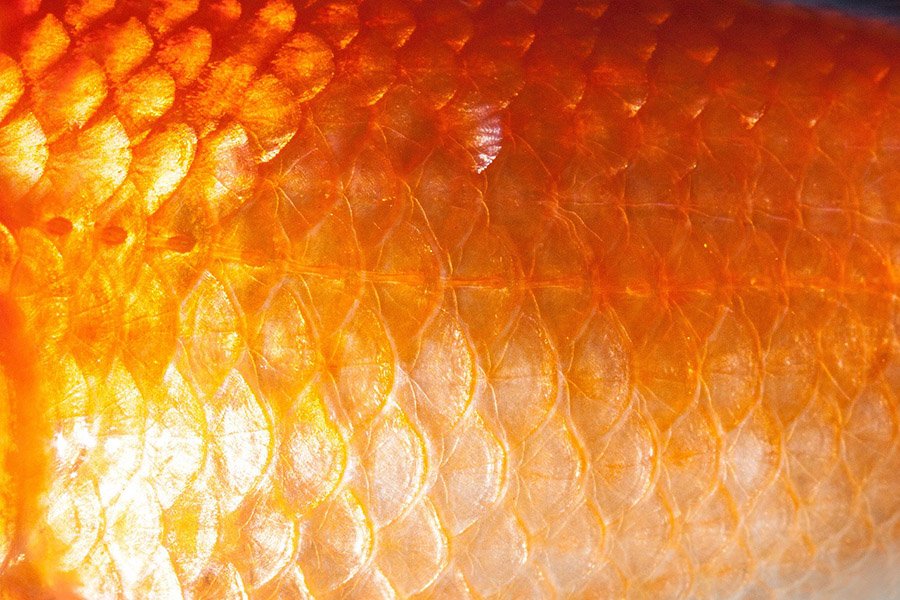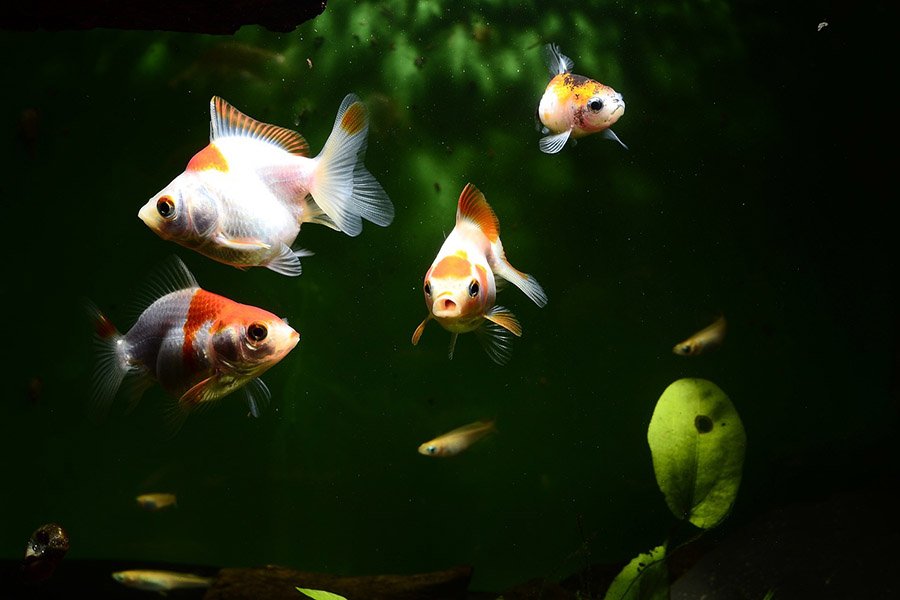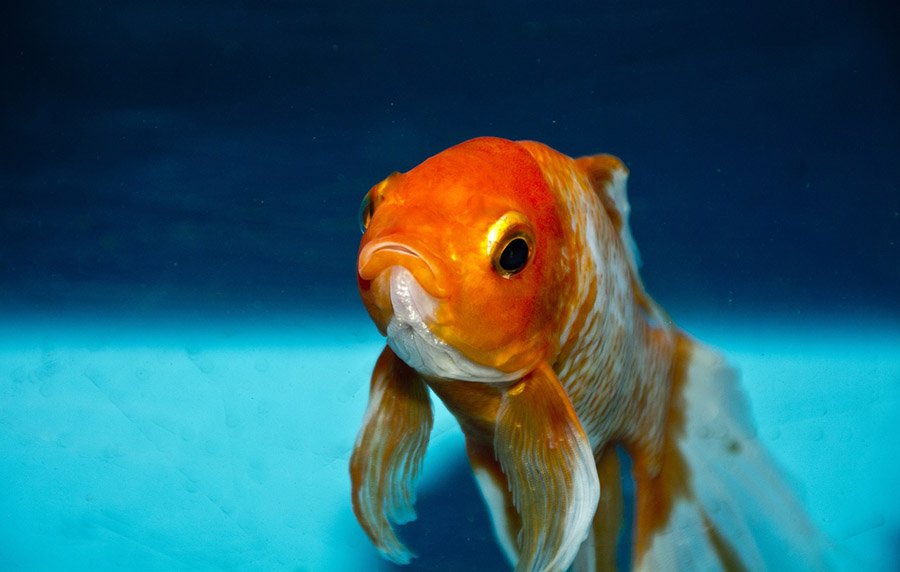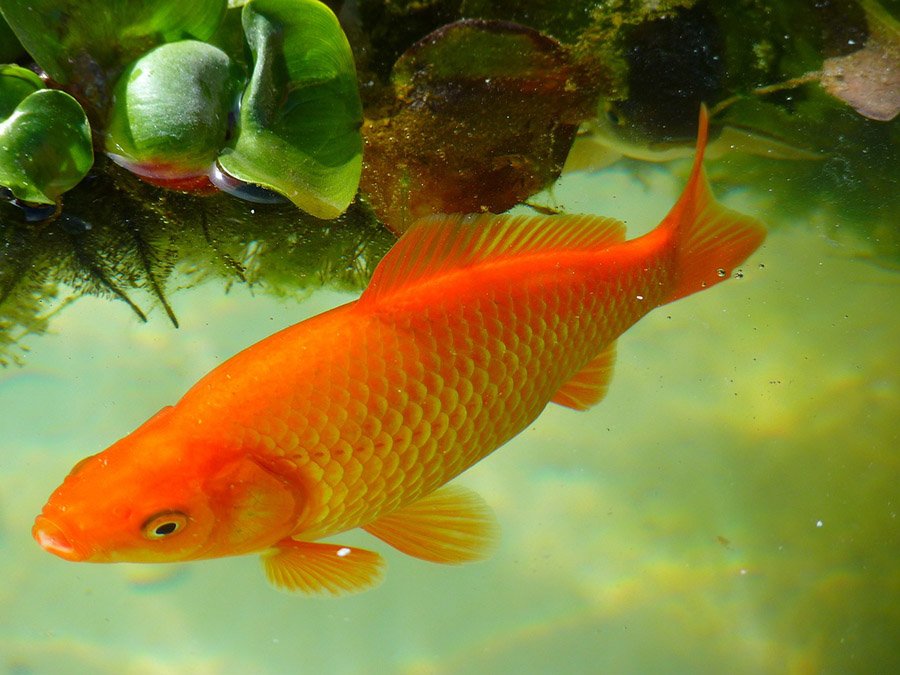Goldfish have long been associated with the myth of having a notoriously short memory span, often claimed to be just a few seconds. For years, this common belief has led us to underestimate these fascinating aquatic creatures.
But what if I told you that goldfish have a far better memory than we’ve been led to believe? Get ready to dive into the depths of goldfish memory and uncover the truth behind these misconceptions.
Goldfish and Their Memory Myths
Goldfish have swum through the currents of popular culture, bearing the weight of the “three-second memory” myth. This widely circulated belief has painted goldfish as creatures with fleeting attention spans, unable to remember anything beyond a blink of an eye. But is this perception rooted in reality, or does it float on a sea of misinformation?
The origins of this myth are murky, often attributed to misunderstandings and oversimplifications in early scientific observations. It’s possible that the myth stuck because it sounds plausible and fits our perception of these seemingly simple creatures. However, advances in research have challenged this notion, revealing a more complex and fascinating picture of goldfish cognition.
As we journey through the science of goldfish memory, we’ll discover that these finned friends possess cognitive abilities that are far more sophisticated than their reputation suggests. It’s time to debunk the myths and appreciate the true memory capacity of goldfish.
The Science Behind Goldfish Memory Studies
Scientific methods have played a crucial role in uncovering the truth about goldfish memory. Researchers have employed various techniques to study their cognitive abilities, ranging from controlled laboratory experiments to observational studies in more naturalistic settings. These studies have revealed surprising insights into how goldfish process, store, and recall information.
One of the key methods used involves conditioning experiments, where goldfish are trained to associate certain stimuli with rewards. For instance, scientists have successfully trained goldfish to navigate mazes, respond to colors, and even recognize specific shapes, all of which indicate that these fish are capable of learning and memory retention.
Neuroscientific studies have also provided invaluable data. By examining the goldfish brain, researchers have identified regions associated with memory and learning, similar to those found in more complex vertebrates. These findings suggest that goldfish have the neural architecture necessary for memory formation, challenging the simplistic view of their cognitive capacities.
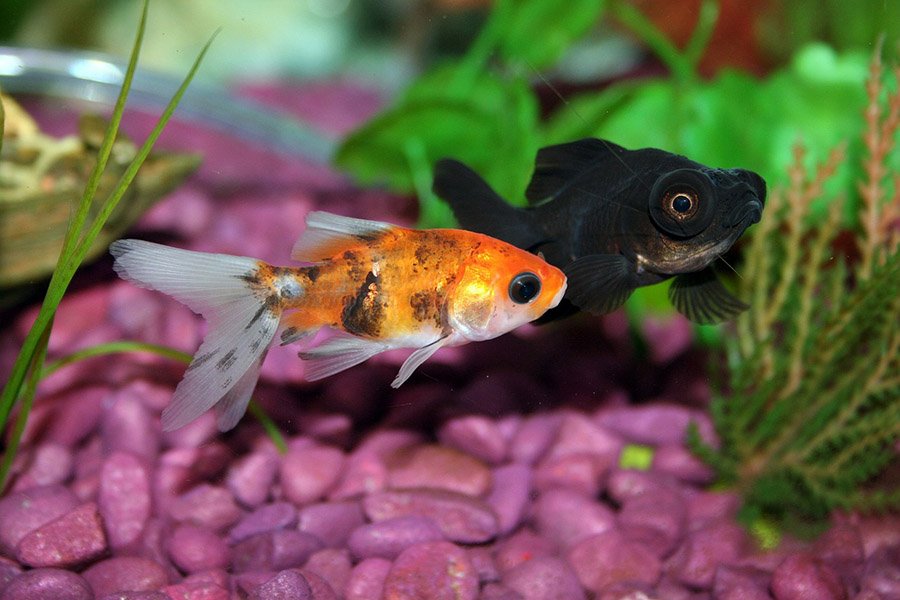
How Long Can Goldfish Really Remember?
Contrary to the myth of a three-second memory, goldfish have demonstrated the ability to remember information for extended periods. Studies have shown that goldfish can retain learned behaviors and associations for several months. For example, goldfish trained to navigate a maze can remember the correct path even weeks after the initial training.
Research has also indicated that goldfish can remember social interactions and the presence of other fish. They can recognize and exhibit different behaviors toward familiar individuals as opposed to strangers, showcasing their ability to retain social memory over time.
Interestingly, goldfish memory can be influenced by the complexity and richness of their environment. In stimulating environments with varied objects and interactions, goldfish can exhibit enhanced cognitive abilities, including improved memory retention. This suggests that goldfish memory is not only better than previously thought but also adaptable and responsive to their surroundings.
Comparing Goldfish Memory to Other Pets
When it comes to comparing goldfish memory to other pets, these aquatic animals hold their own surprisingly well. While dogs and cats are often celebrated for their intelligence and memory, goldfish show similar capacities in certain contexts. For example, like dogs, goldfish can be trained to perform specific behaviors through positive reinforcement, indicating a comparable level of basic learning and memory.
Birds, particularly parrots and corvids, are known for their impressive cognitive abilities, including memory retention. Goldfish, while not reaching the cognitive heights of these avian species, still demonstrate a respectable memory capability. They can remember feeding times, the location of food, and even differentiate between different human faces, akin to the memory skills seen in birds.
Even when compared to other fish species, goldfish stand out for their memory prowess. While many fish demonstrate basic learning and memory skills, goldfish have been shown to excel in experimental settings, displaying a higher degree of cognitive flexibility and retention. This places them among the more intelligent and memory-capable aquatic species.
Debunking Common Goldfish Memory Myths
One of the most pervasive myths is that goldfish can only remember things for a few seconds. This has been thoroughly debunked by numerous studies showing that goldfish can remember information for weeks, if not months. The persistence of this myth likely stems from outdated or misinterpreted scientific findings and a general underestimation of fish cognition.
Another common misconception is that goldfish are incapable of recognizing their environment. In reality, goldfish can learn to navigate complex mazes and remember the location of objects and food sources within their tanks. This ability to recognize and remember spatial information is a clear indicator of a more advanced memory than traditionally believed.
Some people also think that goldfish are solitary creatures with no social memory. However, research has shown that goldfish can recognize and remember other fish, exhibiting different behaviors towards familiar and unfamiliar individuals. This social recognition further dispels the myth of the goldfish’s limited memory and highlights their capacity for more complex mental processes.
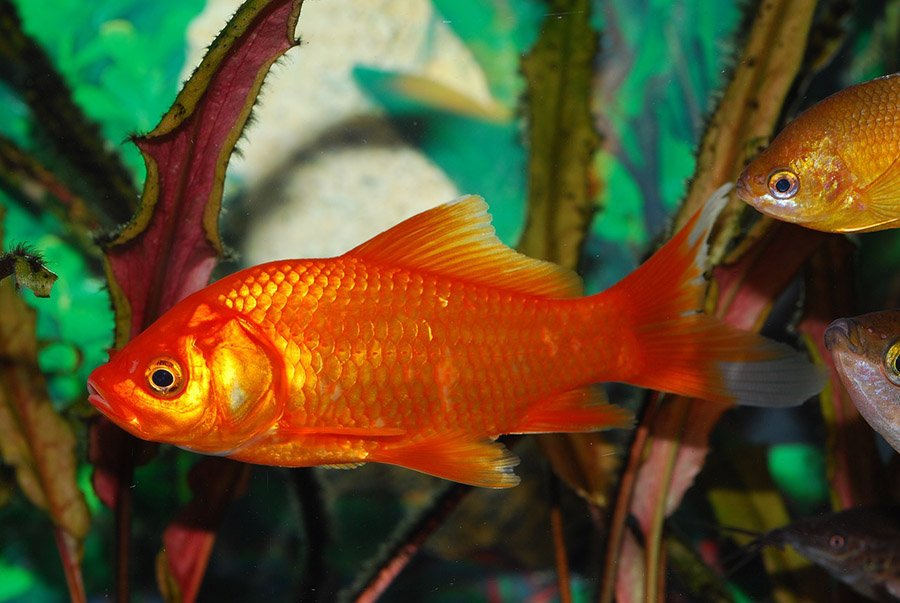
The Role of Environment in Goldfish Memory
The environment plays a crucial role in shaping the cognitive abilities and memory retention of goldfish. A stimulating environment with diverse objects, hiding spots, and varied interactions can significantly enhance the mental well-being of these fish. In such enriched settings, goldfish exhibit better learning and memory capabilities compared to those in barren, unstimulating environments.
Studies have shown that goldfish in enriched environments are more adept at problem-solving and can navigate mazes more efficiently than their counterparts in less engaging environments. This indicates that providing a stimulating habitat can lead to improved cognitive functions, including memory retention and recall.
Moreover, social interactions with other fish and even humans can positively impact a goldfish’s memory. Goldfish that engage in regular social behaviors tend to have better memory retention, suggesting that social stimulation is a key factor in their cognitive development. This underscores the importance of a dynamic and interactive environment in fostering the mental agility of goldfish.
Training Goldfish: Memory and Learning Tricks
Training goldfish is not only possible but also an excellent way to tap into their memory and learning potential. Using positive reinforcement techniques, goldfish can be taught to perform a variety of tricks, such as swimming through hoops, pushing balls, and even recognizing specific colors or shapes. These training sessions showcase the remarkable memory capabilities of goldfish.
The process of training often involves repetitive conditioning, where goldfish learn to associate a particular behavior with a reward, such as food. Over time, they remember these associations and can perform tasks with increasing accuracy and speed. This ability to learn and remember complex behaviors challenges the outdated notion of goldfish having a limited memory span.
Training sessions also provide mental stimulation, which can further enhance a goldfish’s cognitive abilities. Engaging in regular training activities not only improves memory retention but also promotes overall mental health. This demonstrates that goldfish, with their underrated intelligence, are capable of learning and retaining information through consistent practice and engagement.
Can Goldfish Recognize Their Owners?
One intriguing question for many goldfish owners is whether their aquatic pets can recognize them. Research suggests that goldfish can indeed recognize human faces and distinguish between different people. This recognition is often based on visual and auditory cues, as well as the consistent interaction they have with their caretakers.
Goldfish have been observed to respond differently to their owners compared to strangers. They may swim more vigorously, appear at the water’s surface, or exhibit specific behaviors when their owner approaches. This indicates that goldfish can form a visual and possibly an auditory memory of their human companions.
While goldfish may not exhibit the same level of attachment or recognition as dogs or cats, their ability to recognize and remember their owners adds yet another layer to our understanding of their cognitive abilities. It also emphasizes the importance of regular, positive interactions in building a bond with these intelligent creatures.
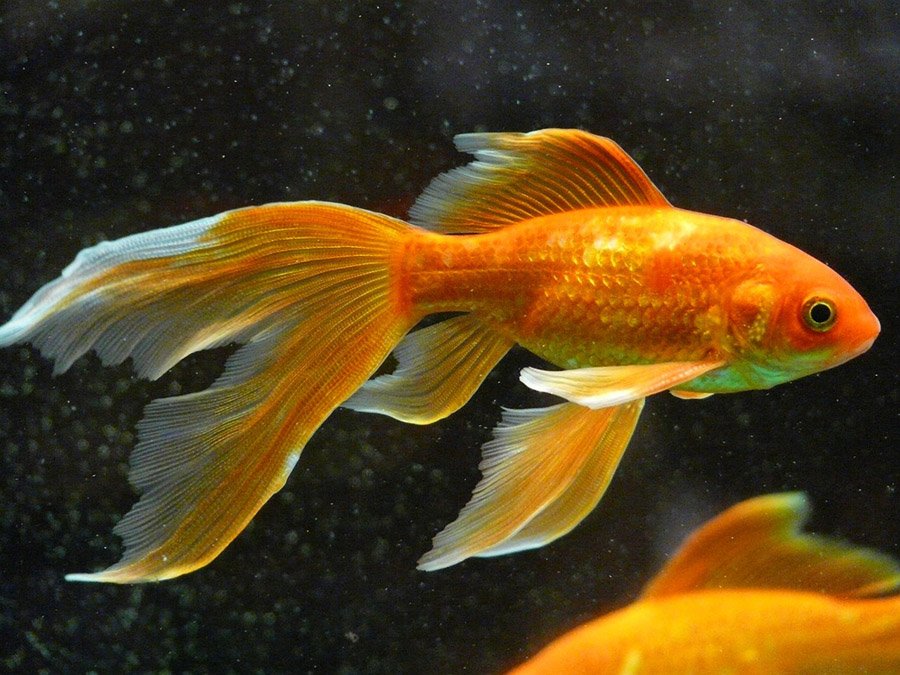
Memory Tests: Simple Experiments With Goldfish
If you’re curious about testing your goldfish’s memory, there are several simple experiments you can try at home. One popular test is the maze test, where you create a small maze in your goldfish’s tank using dividers or objects. Place a food reward at the end of the maze and observe how quickly your goldfish learns to navigate the path.
Another fun experiment is the color recognition test. Train your goldfish to associate a specific color with a food reward by placing colored objects in the tank and rewarding them when they interact with the target color. Over time, you can test their memory by introducing different colored objects and seeing if they still respond to the trained color.
A social recognition test can also be insightful. Introduce a new goldfish to the tank and observe the interactions between the resident fish and the newcomer. After a few days, remove the new goldfish and reintroduce it later to see if your goldfish remembers and recognizes the newcomer. These simple experiments can provide fascinating insights into your goldfish’s memory and cognitive abilities.
In conclusion, the myth of the goldfish’s three-second memory is well and truly busted. These aquatic creatures possess memory and cognitive abilities far more impressive than commonly believed. From remembering tasks and navigating mazes to recognizing their owners and engaging in social interactions, goldfish demonstrate a remarkable capacity for learning and memory retention.
By understanding and appreciating the true extent of goldfish memory, we can provide better care and enrichment for these fascinating pets. So the next time you look into your goldfish tank, remember that behind those curious eyes lies a mind much sharper than you might have imagined. Let’s give these intelligent fish the recognition and respect they deserve!

